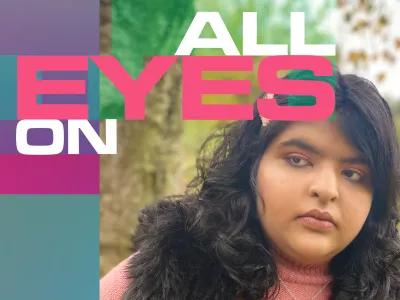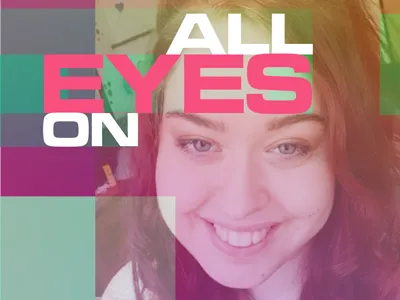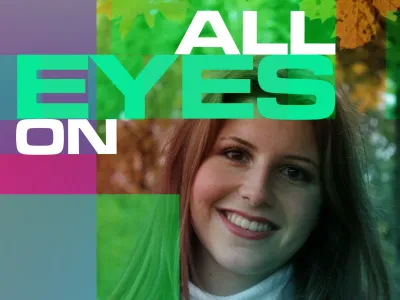
All Eyes On: Evie
We’re back with another in our series celebrating great people who are achieving great things. This time, we spoke to Evie, who just went to the G7 summit! Here’s what she had to say…
Tell us a bit about yourself…
My name's Evie Aspinall, I'm 24 years old, and I'm currently living in London and working as a researcher at a think tank. I've been involved in youth activism for many years. At university I founded a feminist society and ran a politics society, and I then went on to become President of my Student Union. In my spare time I now work with the Future Leaders Network as the Head UK Delegate to the Youth 7!
How did your interest in politics and the world around you start?
I don't think I could pinpoint an exact moment, but I remember becoming more and more aware of inequalities and injustices as I grew up, from sexist school uniform policies to global challenges like tackling climate change. I think the turning point for me was when I began believing in myself, and believing that while these issues are vast and complex, I had the power to create change - that's when politics became interesting to me, when it began to feel like a space I could participate in and change.
You recently went to the G7 summit in Cornwall. What were you doing there?
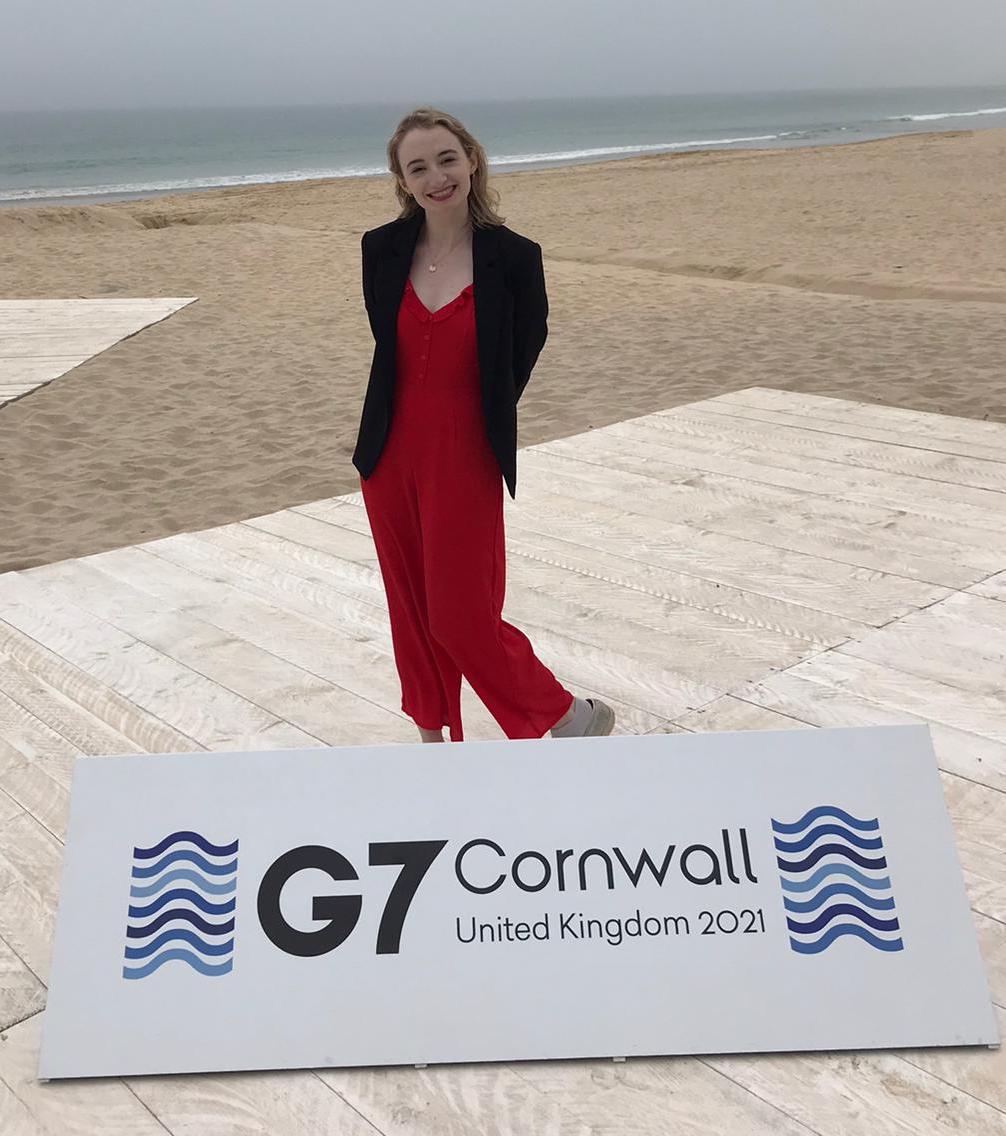
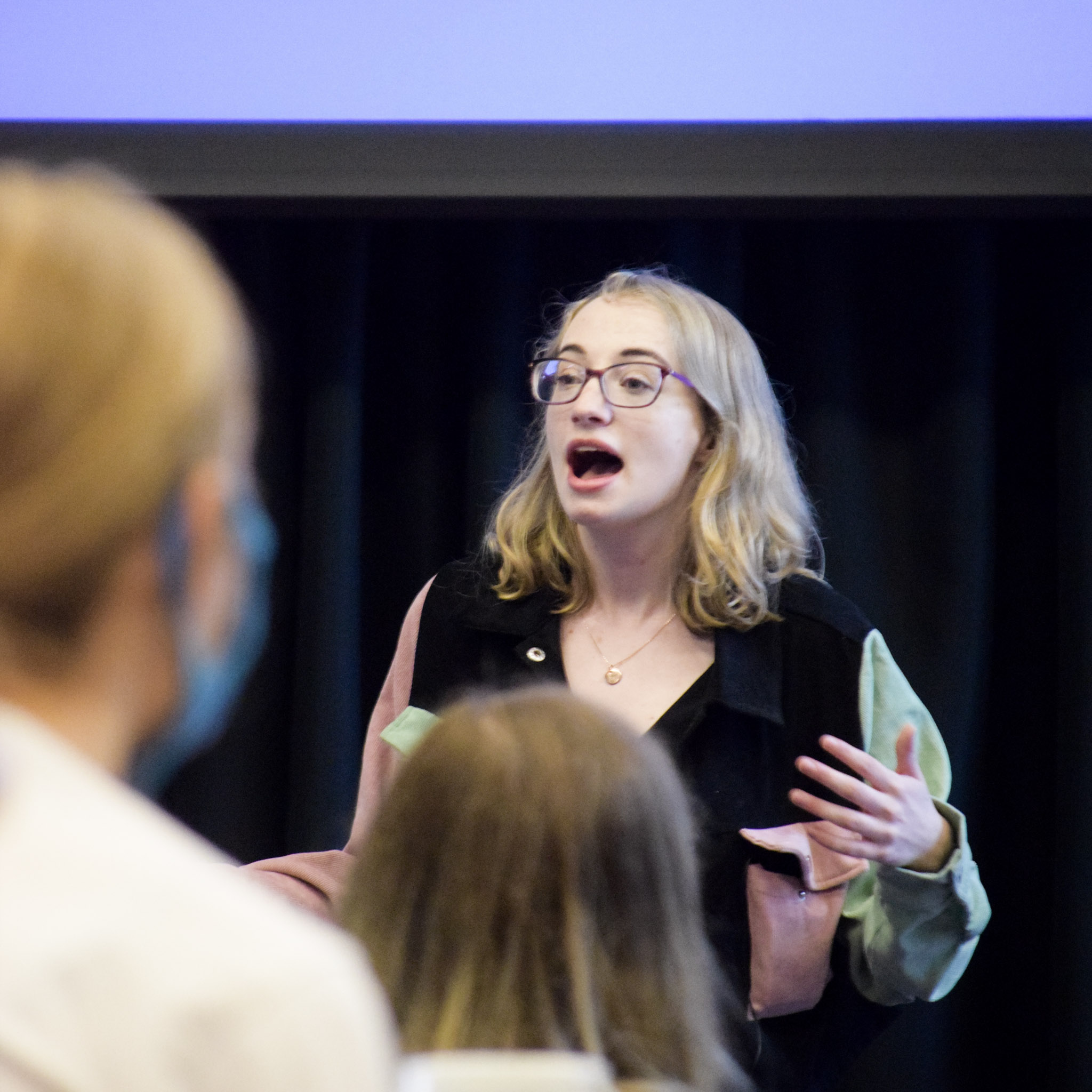
This year I was lucky enough to be selected as the UK's Head Delegate to the Youth 7, which is the G7's official youth engagement group. Alongside other engagement groups such as the Women's 7 and the Civil Society 7, our role is to ensure a diverse range of voices are represented at the highest levels of international decision-making. Over the last six months, alongside other youth delegates from across the G7, I've been consulting thousands of young people, and negotiating and debating to come up with a final set of 36 policy recommendations which reflect the views of young people across the G7. I've then been fortunate enough to meet with a range of government ministers, civil servants and G7 leaders, to pitch these recommendations and advocate on behalf of young people - culminating in heading to Cornwall for the G7 summit itself!
What was the best bit?
From a change-making perspective, I think meeting the Prime Minister has to be up there! We had the privilege of having a short meeting with him alongside some of the other engagement groups and we particularly pushed him on the importance of tackling the mental health crisis, which we know has had a significant impact on young people, especially during the pandemic. He was able to confirm that as a direct result of our campaigning, mental health would be part of the final G7 communiqué - a huge win!
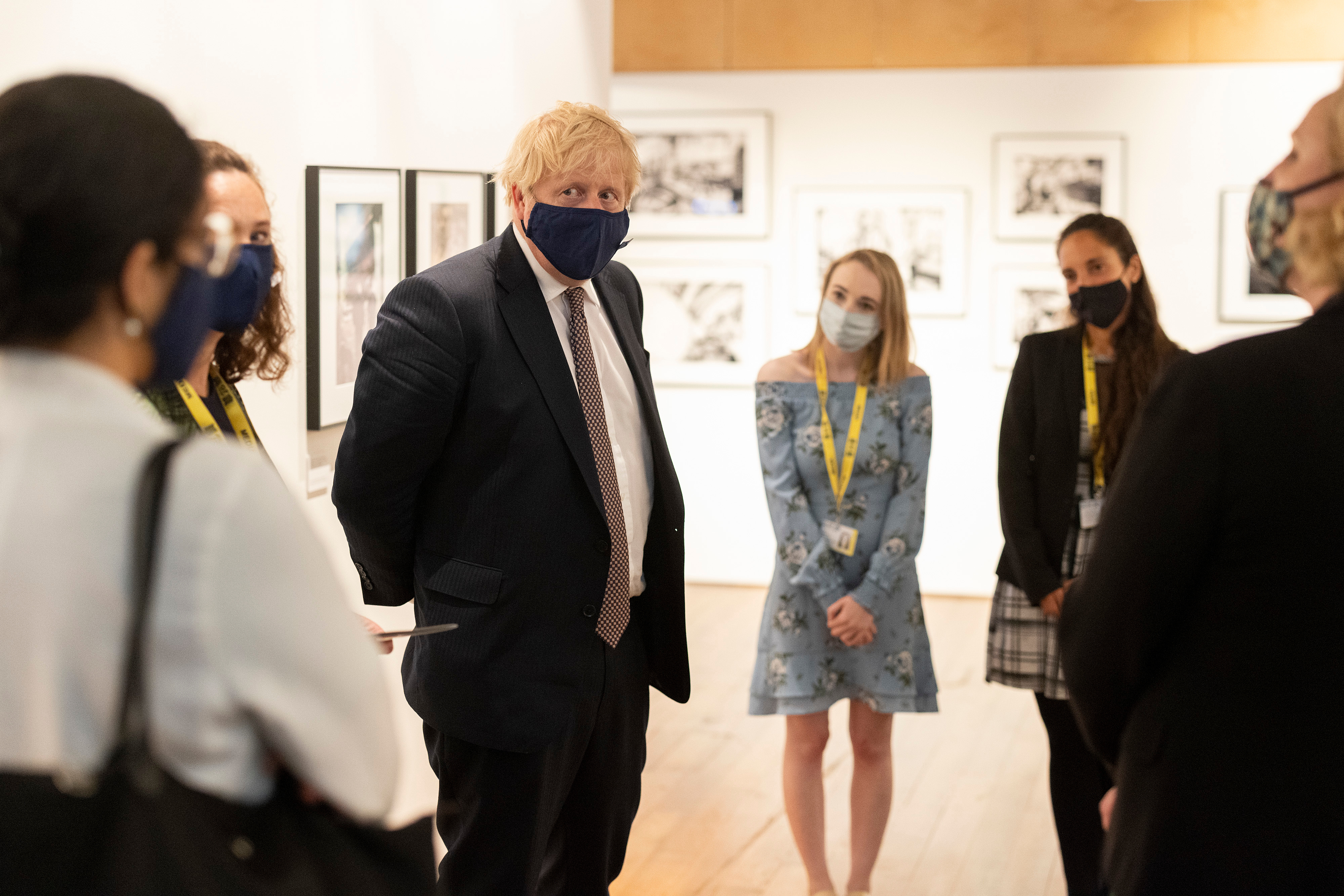
What was the one major thing you took away from the summit?
There is a lot to be said for being open and constructive. Going into our meetings with leaders, our approach was always to find opportunities to build on existing consensus and push them a bit further towards our goal, and it worked. Of course there are times when being constructive doesn't work, and bolder action is needed, but it’s about thinking ahead and working out which methods will be most effective for creating the change you want to see and in this case, a constructive approach was the right way forward.
You went on NCS! What did you take away from your experience?
I did! Many years ago now! But I loved my time on NCS and aside from being great fun, it taught me so much that I still carry with me today. For our social action project we worked with a local homeless shelter, and it was a powerful reminder of the importance of local and community-based action. We can often feel like we have to be leading from the front, making these enormous structural changes, but actually our everyday and local actions can be just as important.
What do you hope for young people in the future?
It sounds cliché but I hope for a better, safer and fairer future for young people. To achieve that, young people have to be part of the conversation, we have to mobilise and empower young people to help create the change we want to see in the world, and I genuinely think a world where young people can have their voices heard will undoubtedly be a better world for us all.
What’s your next move?
I've still got another six months in my role with the Youth 7 and I'll be working hard to use my platform to engage with and mobilise as many young people as possible, encouraging them to take action on the issues that matter to them. As part of the Youth 7 programme I also have to create a post-summit initiative. I'm still working out exactly what that looks like but one of the things I'm really passionate about is ensuring young people have the evidence and research to enable them to be taken seriously by leaders, and so I'm very keen to find ways to facilitate youth-led research, by young people, for young people. Watch this space!
What’s your one piece of advice for young people who want to get their voices heard?
Your experiences are your greatest asset, and they deserve to be heard. As a young person in a room full of people older, more senior and more conventionally knowledgeable than you, you can often feel like you don't belong or that you are merely there to tick a box. But regardless of how you got there, when you're in the room you're just as knowledgeable and just as worthy of being heard as anyone else. As a young person you have a whole host of experiences that those older than you never had, that is your asset, that's what you bring to the table. Have confidence in that, you bring an important perspective and it deserves to be heard.


